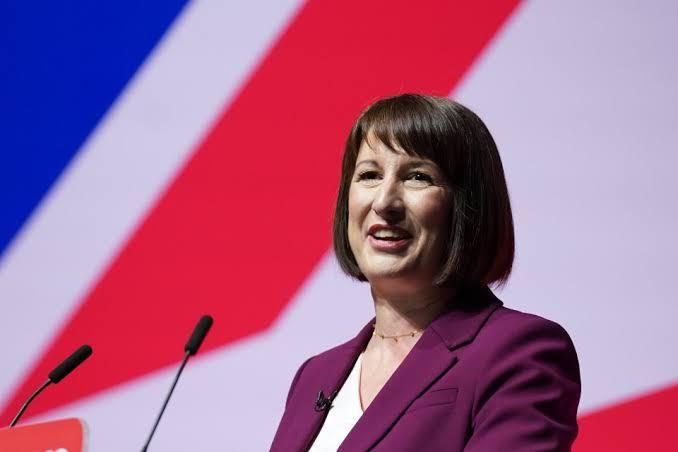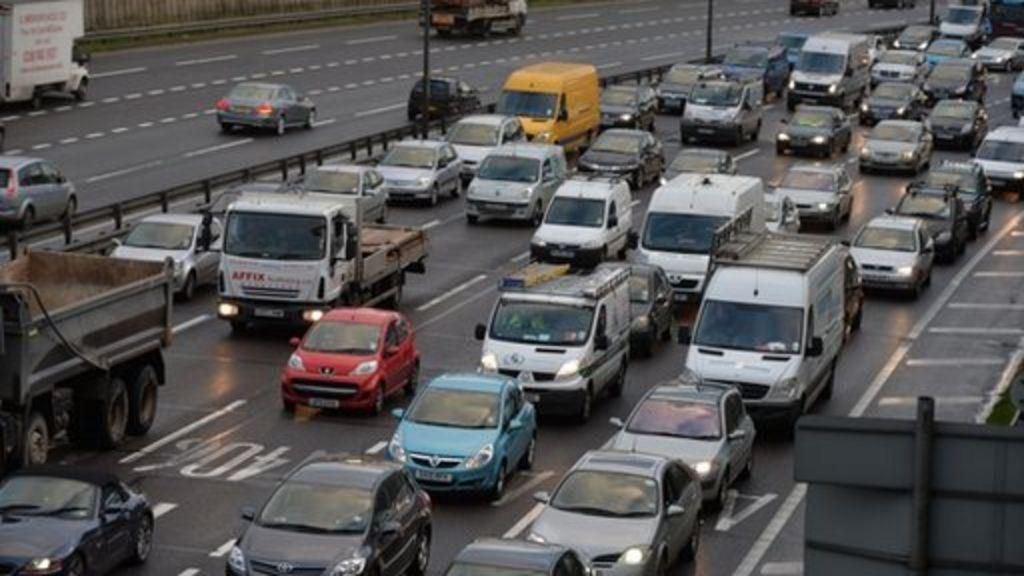It has been warned to Rachel Reeves that by the end of the decade, the government will still be burdened with the majority of the £22 billion deficit in the public finances that Labour claims the Conservatives covered up.
As much as £19 billion of the shortfall would last until 2029–2030 unless Reeves took action to raise taxes or reduce spending, according to a pessimistic report released by the Resolution Foundation ahead of the chancellor's budget later this month.
After Labour’s landslide election victory in July, Reeves published Treasury analysis revealing a £22bn overspend in the current financial year, which she claimed had been “covered up” and left unaccounted for by the Conservatives.
In analysis angrily disputed by the Tories, this included a soaring bill to deal with asylum claims and illegal immigration, as well as spending on the NHS, the Ukraine crisis, and maintaining roads and railways.
However, almost half the shortfall was related to Labour’s decision to agree to above-inflation public sector pay deals.
But in a partial vindication for the government, the Resolution Foundation said the “broad scale” of the spending pressures left by the Conservatives was already being confirmed by official monthly snapshots of the public finances published by the Office for National Statistics.
Sounding the alarm over a “truly dire” outlook for the public finances, it said the chancellor would still need to take tough decisions in the budget on 30 October even if she relaxed a self-imposed debt rule to enable higher spending on infrastructure projects.
It is understood Reeves is focused on sticking tightly to a second fiscal rule that requires day-to-day spending to be matched by tax receipts, underpinning Labour’s warnings that “painful” tax, spending and welfare changes will be made.
In the runup to the election, Labour outlined plans for £9bn of tax rises. However, the Resolution Foundation said this figure would need to be increased to about £20bn to maintain spending to meet Keir Starmer’s promise to bring an “end to austerity”.
Earlier this week, the Institute for Fiscal Studies said as much as £25bn would be required, while warning that Labour had limited its options by promising before the general election not to increase income tax, national insurance or VAT.
The Guardian revealed on Thursday that the Treasury was scrambling to look elsewhere to raise funds, but that its plans were at risk of unravelling amid questions over the impact that large changes to certain wealth taxes would have.
James Smith, research director at the Resolution Foundation, said the strain on the government finances – from court backlogs and overcrowded prisons to rundown local services – meant that spending increases worth £20bn would be needed to reverse austerity.
“Tax rises on that scale would doubtless make for hostile headlines but are actually par for the course at post-election budgets,” he said.
“The short-term reaction to such an approach may be concern about tax rises and extra borrowing, but the long-term prize of restored public services, new infrastructure and stronger growth is what Britain needs to deliver long-needed rises in living standards.”
A Treasury spokesperson said: “We have been clear that there will be no return to austerity, which is why we are focused on making this the most pro-growth Treasury in history, built on the rock of economic stability, including robust fiscal rules.
“Despite uncovering a £22bn black hole in our public finances we are committed to our manifesto pledge to protect working people, which means no changes to their national insurance, basic, higher and additional rates of income tax or VAT."








.svg)



